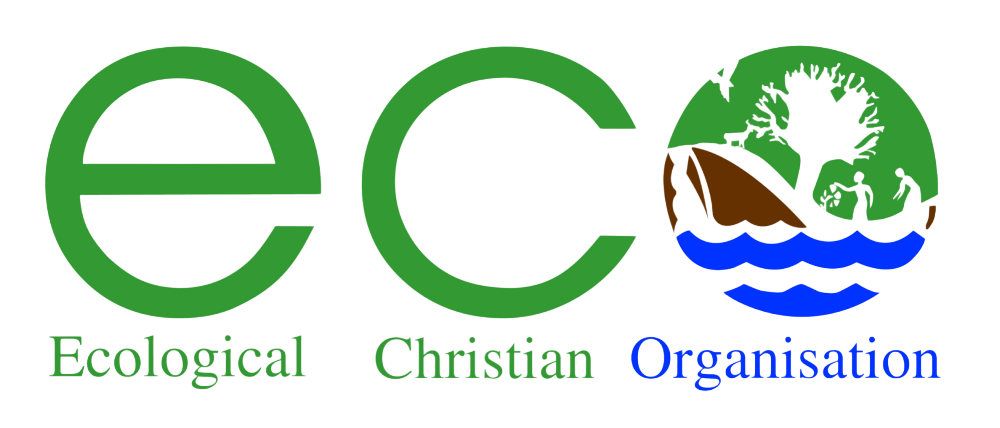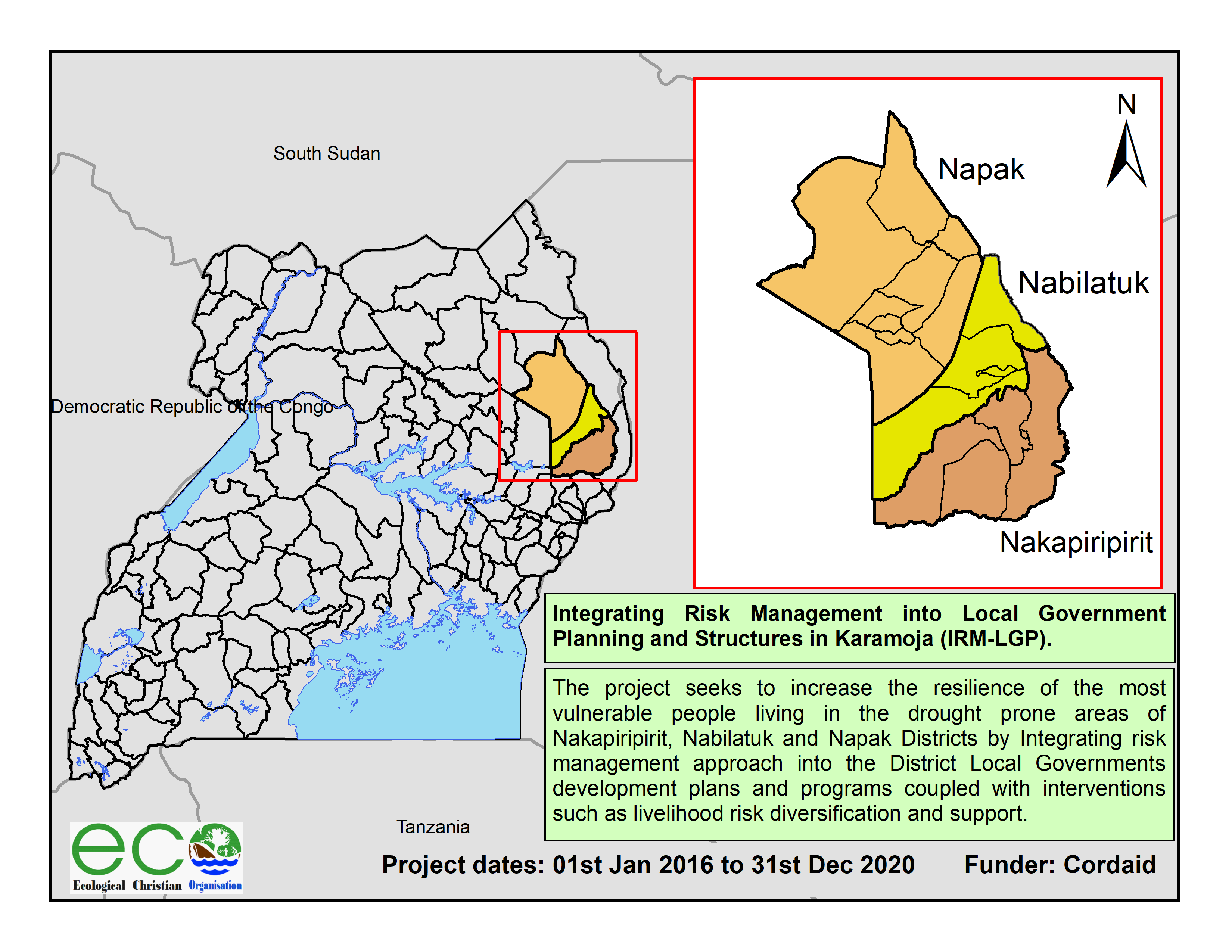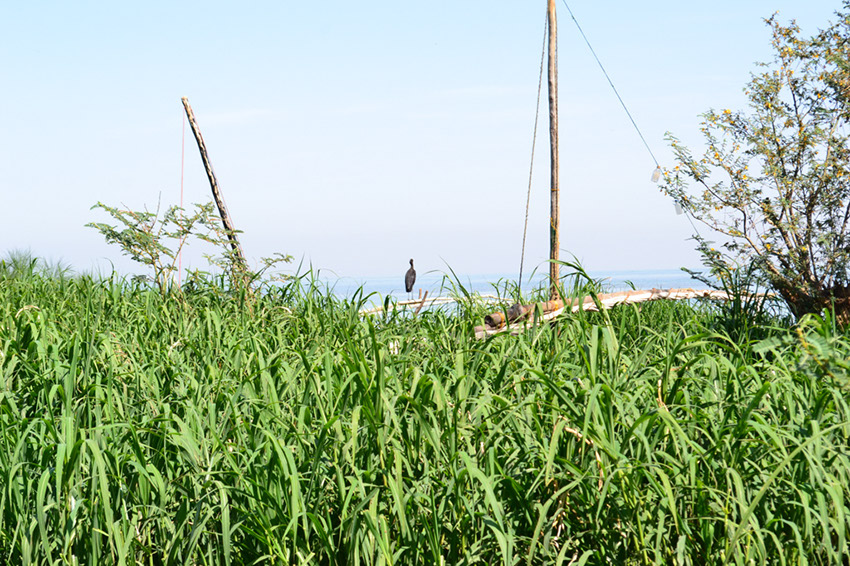IRM-WETLANDS
Enhancing Resilience of Communities through Integrated Risk Management (IRM)
This project started in 2017 and is being implemented with support from Wetlands International and seeks to deliver the conservation and sustainable management of wetlands across the country and aims to stem the continued loss and degradation of wetlands by promoting Integrated Risk Management (IRM). Integrated Risk Management (IRM) is an inclusive, community driven approach to resilience building. The approach builds and strengthens community resilience through integrating climate change adaptation (CCA) and ecosystem management and restoration (EMR) into risk reduction (DRR). The project is structured around three principle domains i.e Policy, Investment and Practice which aims at addressing the knowledge, capacity and institutional barriers which limit the current effectiveness of IRM and Wetland management.
Overall Objective
To build and strengthen community resilience by integrating Disaster Risk Reduction (DRR), Ecosystem Management and restoration (EMR) and Climate Change Adaptation (CCA) – referred to as Integrated Risk Management (IRM) in policies of legislation through appreciating the role of wetlands.
Specific Objectives
- Integrated risk management approach is mainstreamed in the National Wetlands Policy by the end of 2020.
- Investments by private sector on fragile ecosystem that include wetlands comply with IRM based principles and IRM proof to prevent new vulnerabilities or aggravate the existing vulnerabilities by 2020.
The project target area is national with core cases from the Kyoga catchment management zone. Specific emphasis is put on addressing gender equity and proactive engagement of marginalized communities
What are we doing to drive change?
- Putting people at risk centre-stage, building on local and traditional resources and knowledge
- Linking humanitarian and development domains by focusing on livelihoods;
- Addressing risk at a landscape scale
- Managing and restoring ecosystems
- Working on different time scales to ensure adaptive planning;
- Linking local realities with global processes;
- Integrating disciplines and approaches to encompass different risks;
- Partnering with communities, CSOs, government, knowledge institutes, private sector, media


